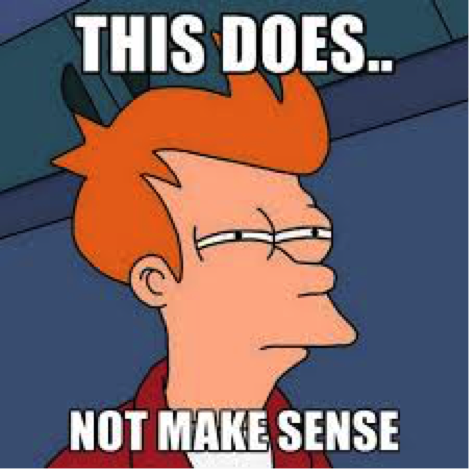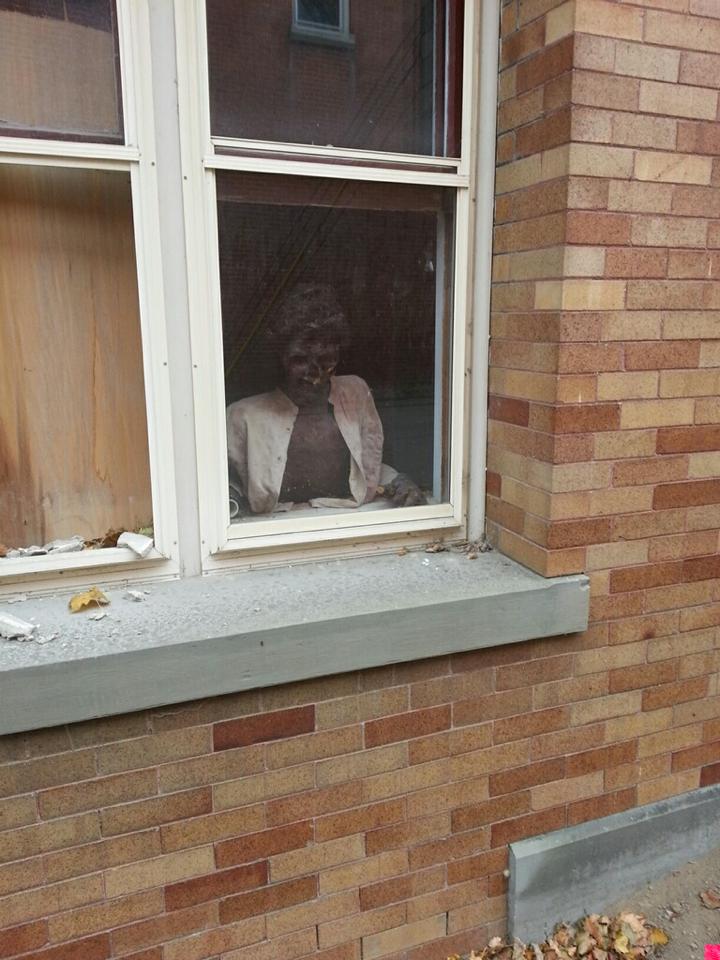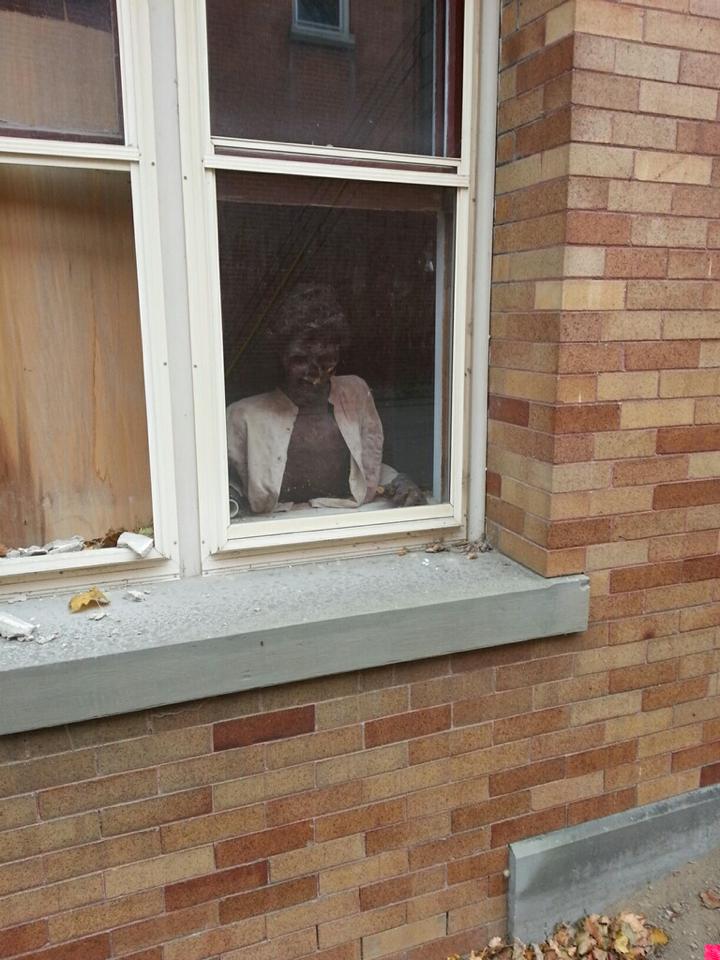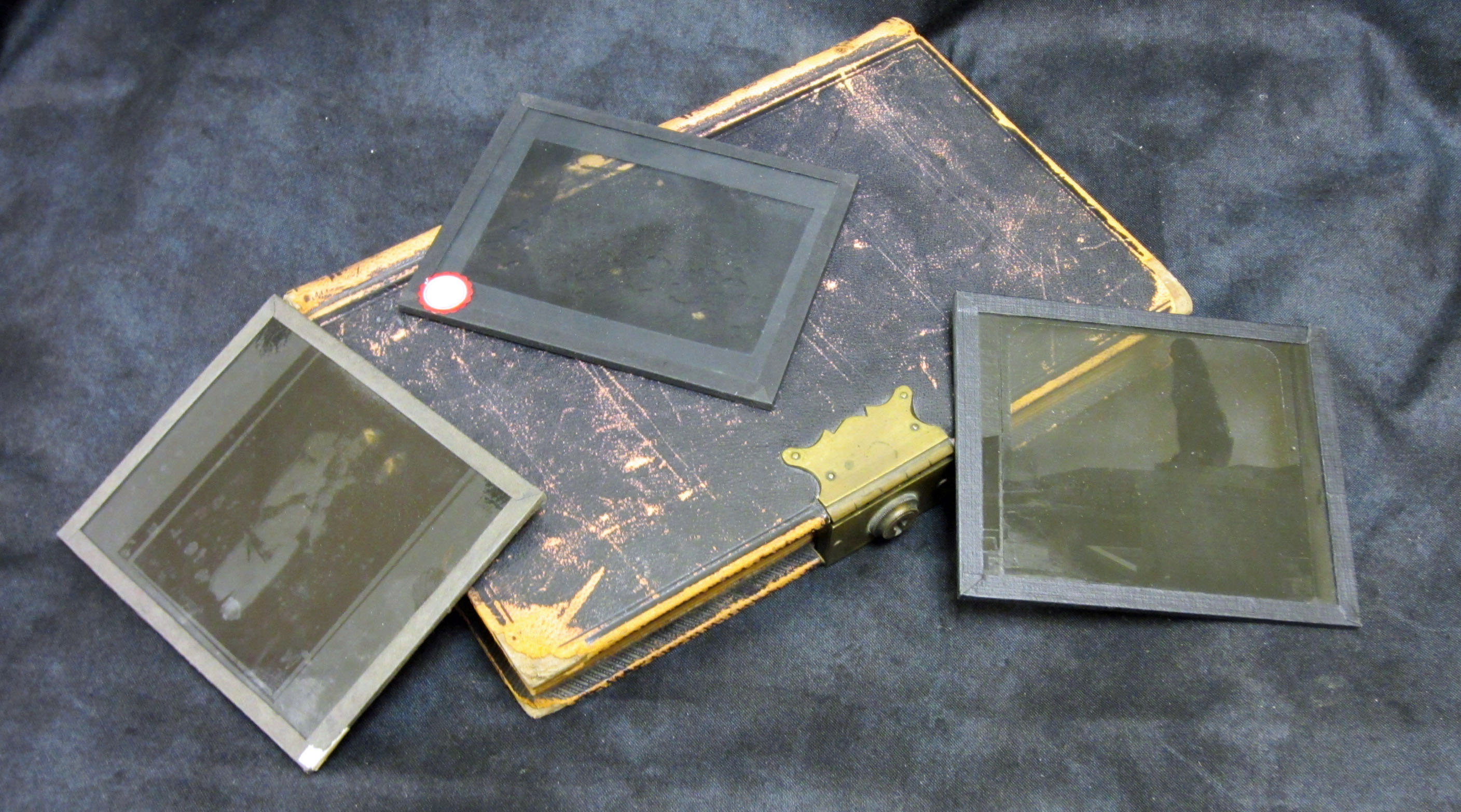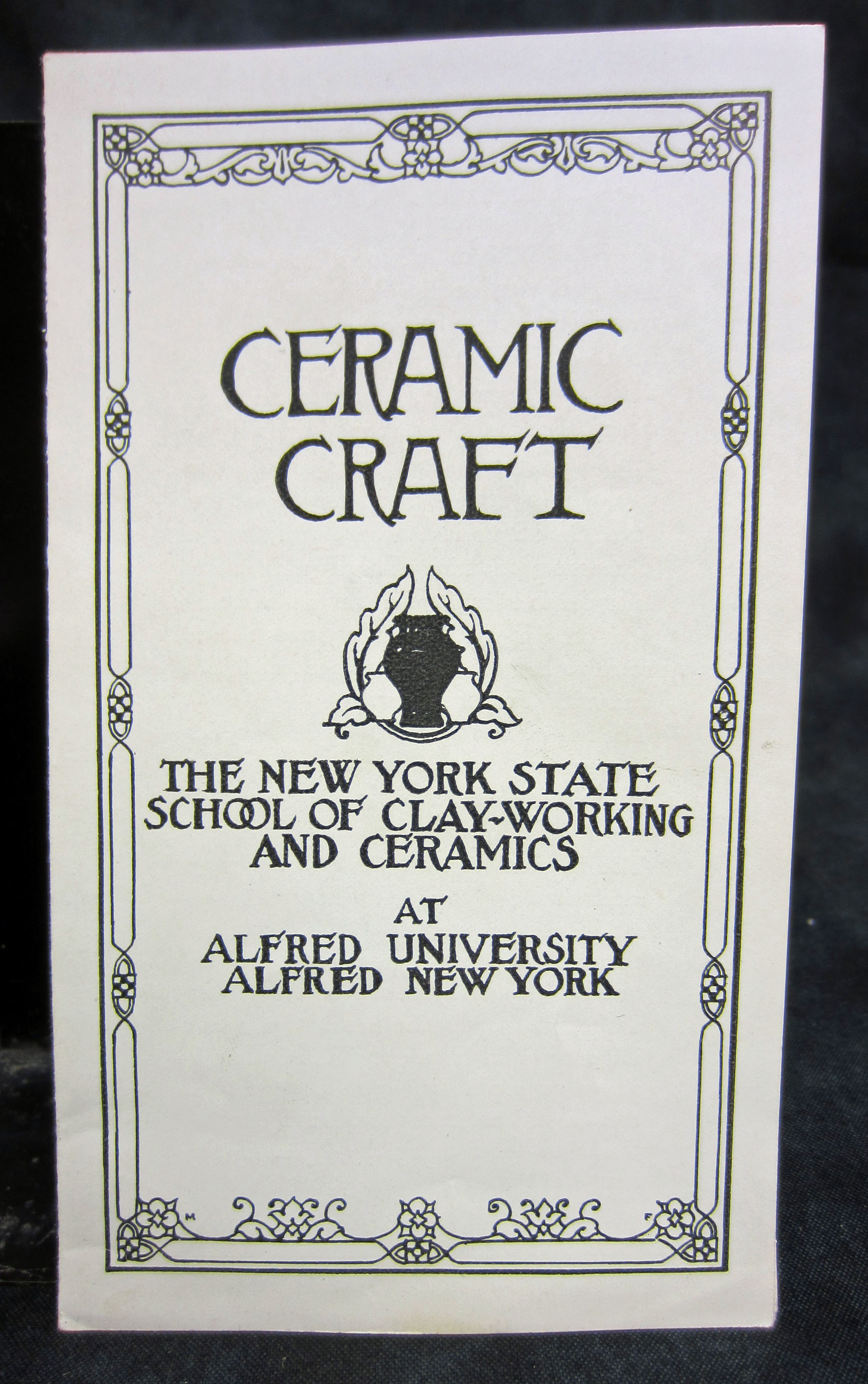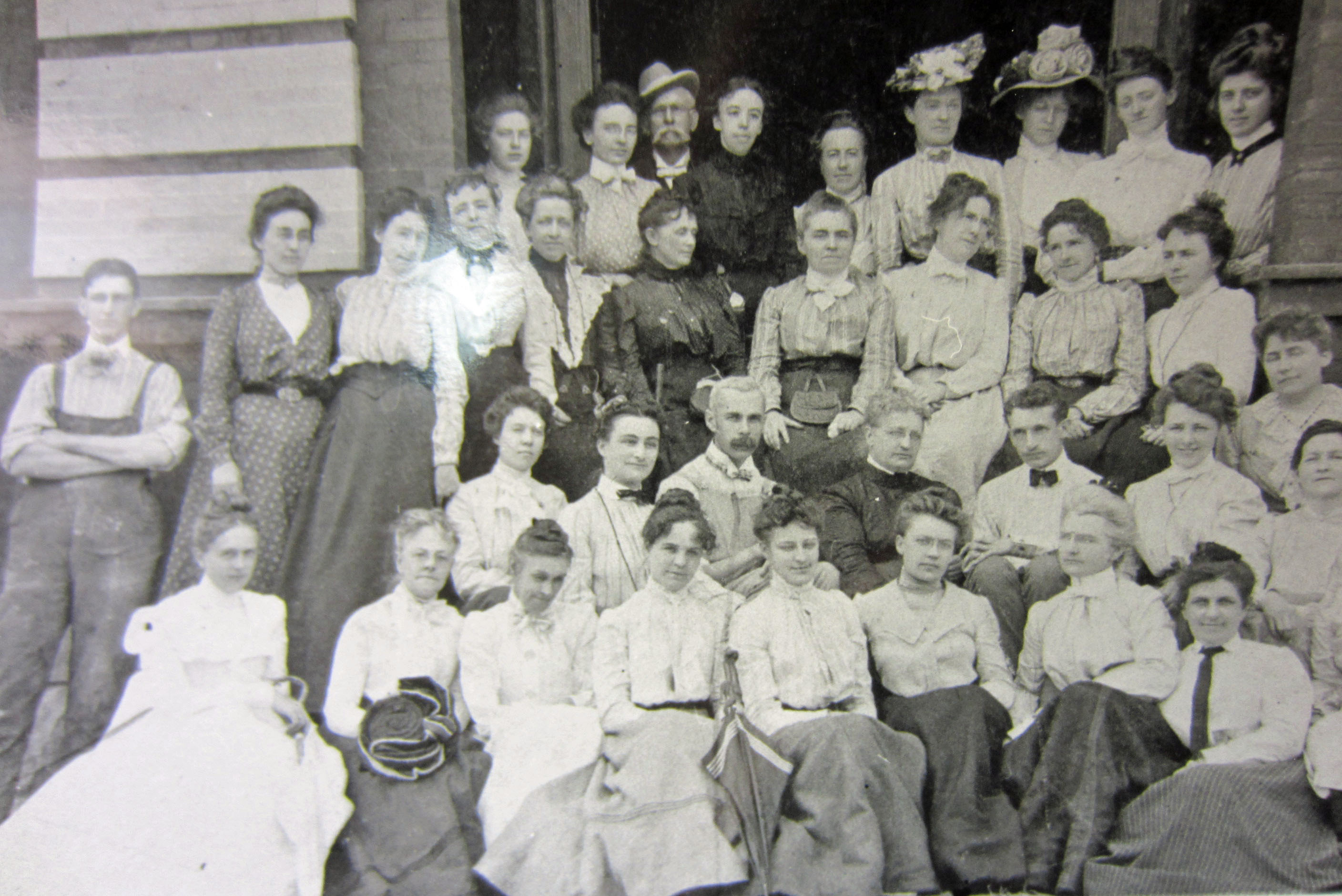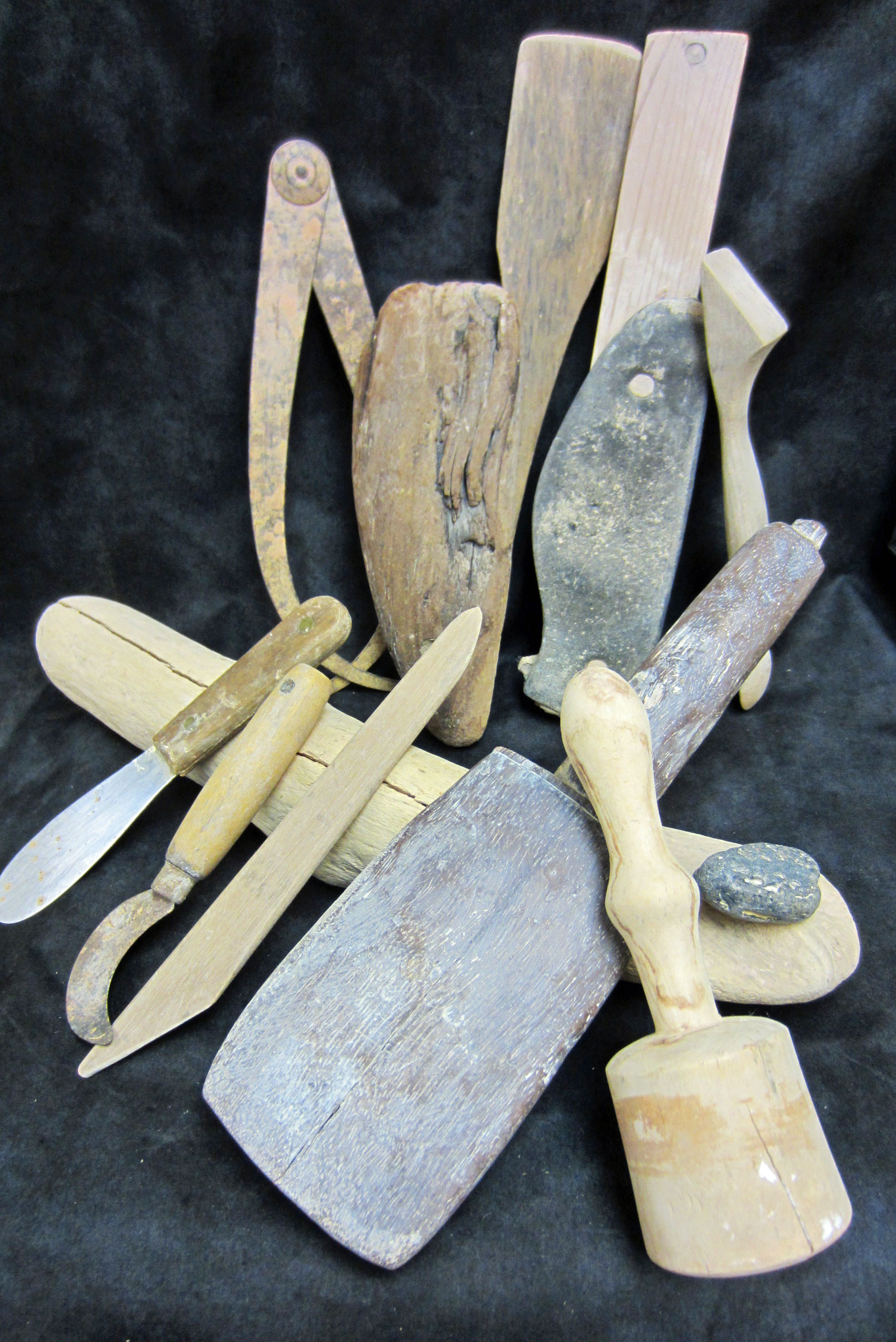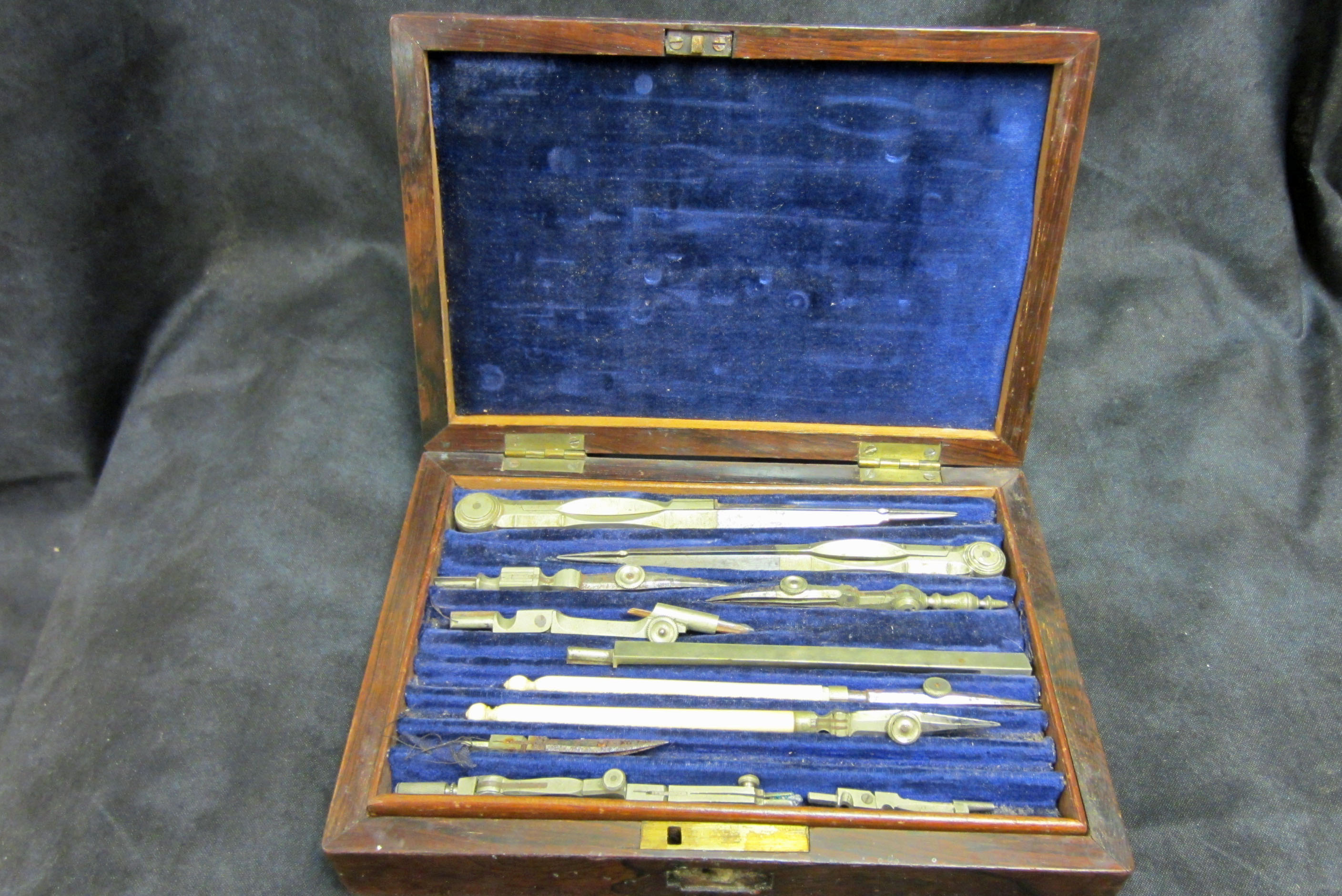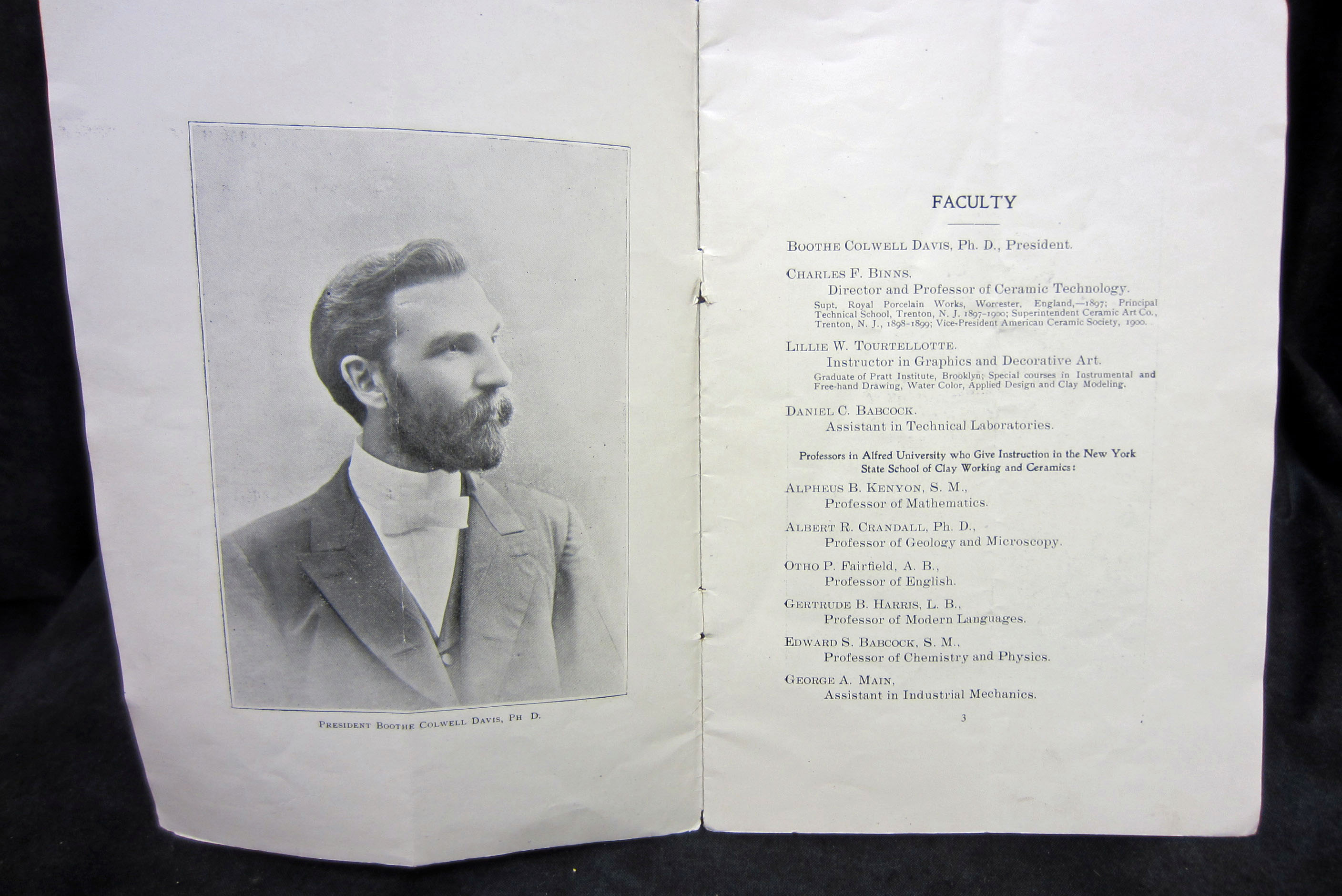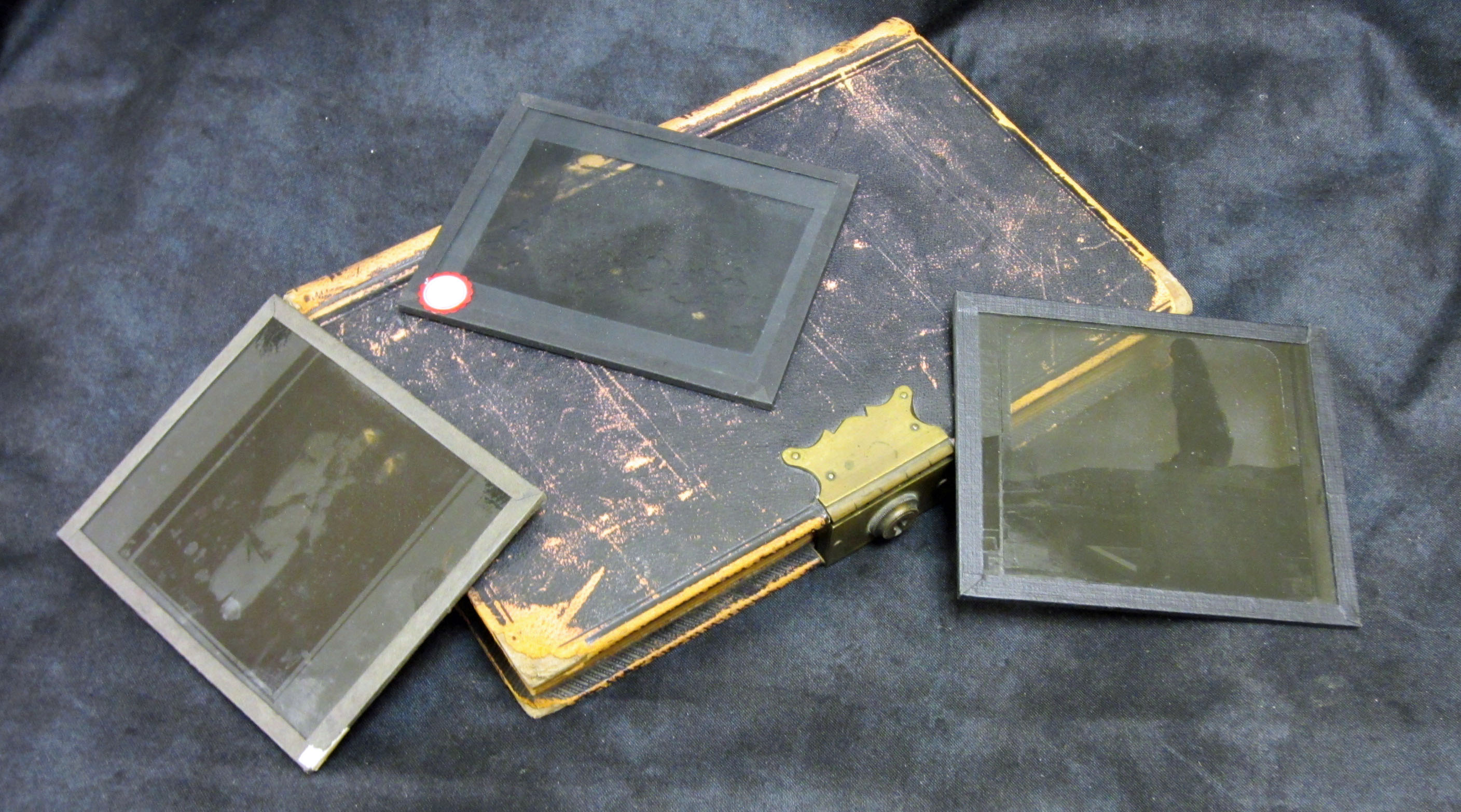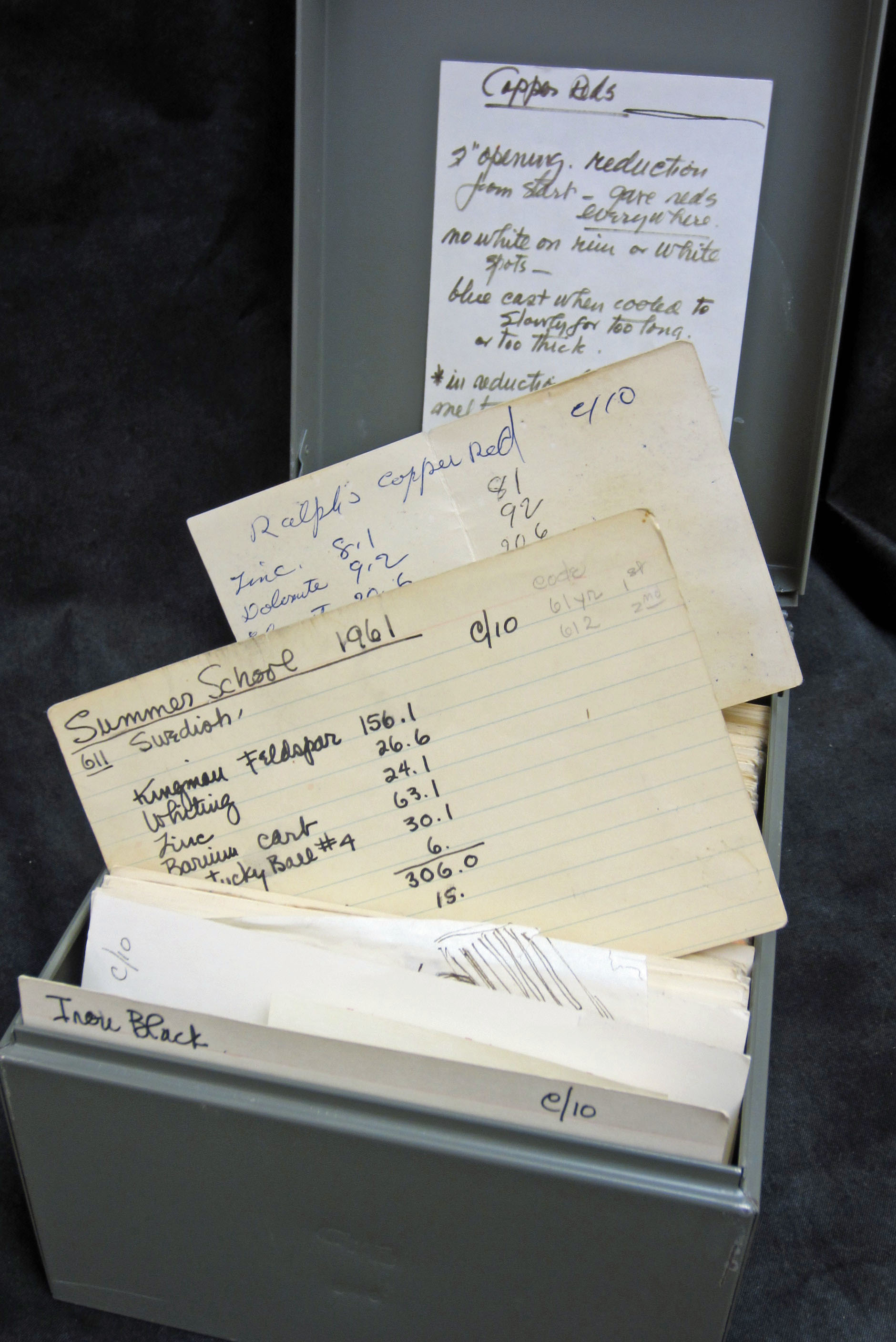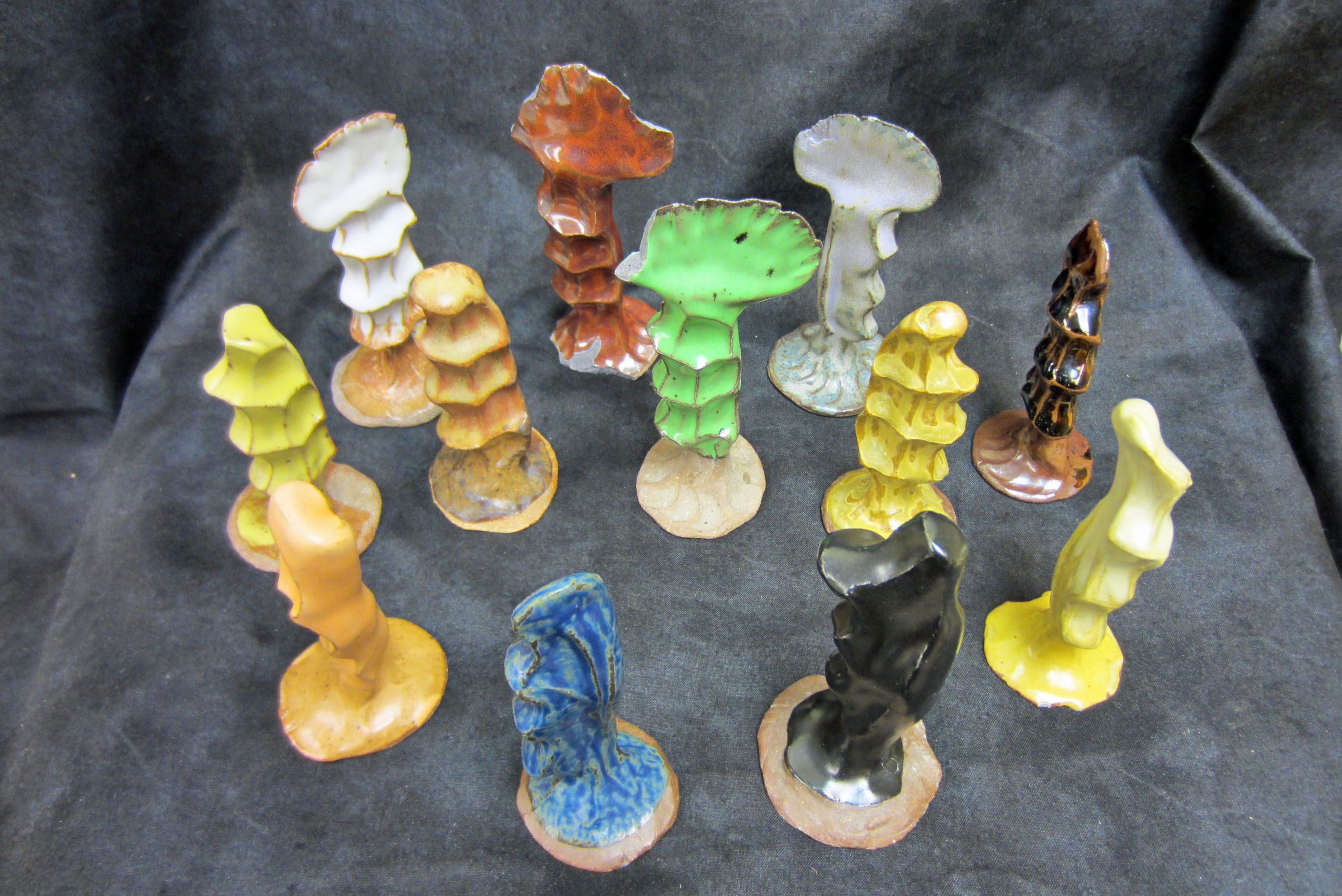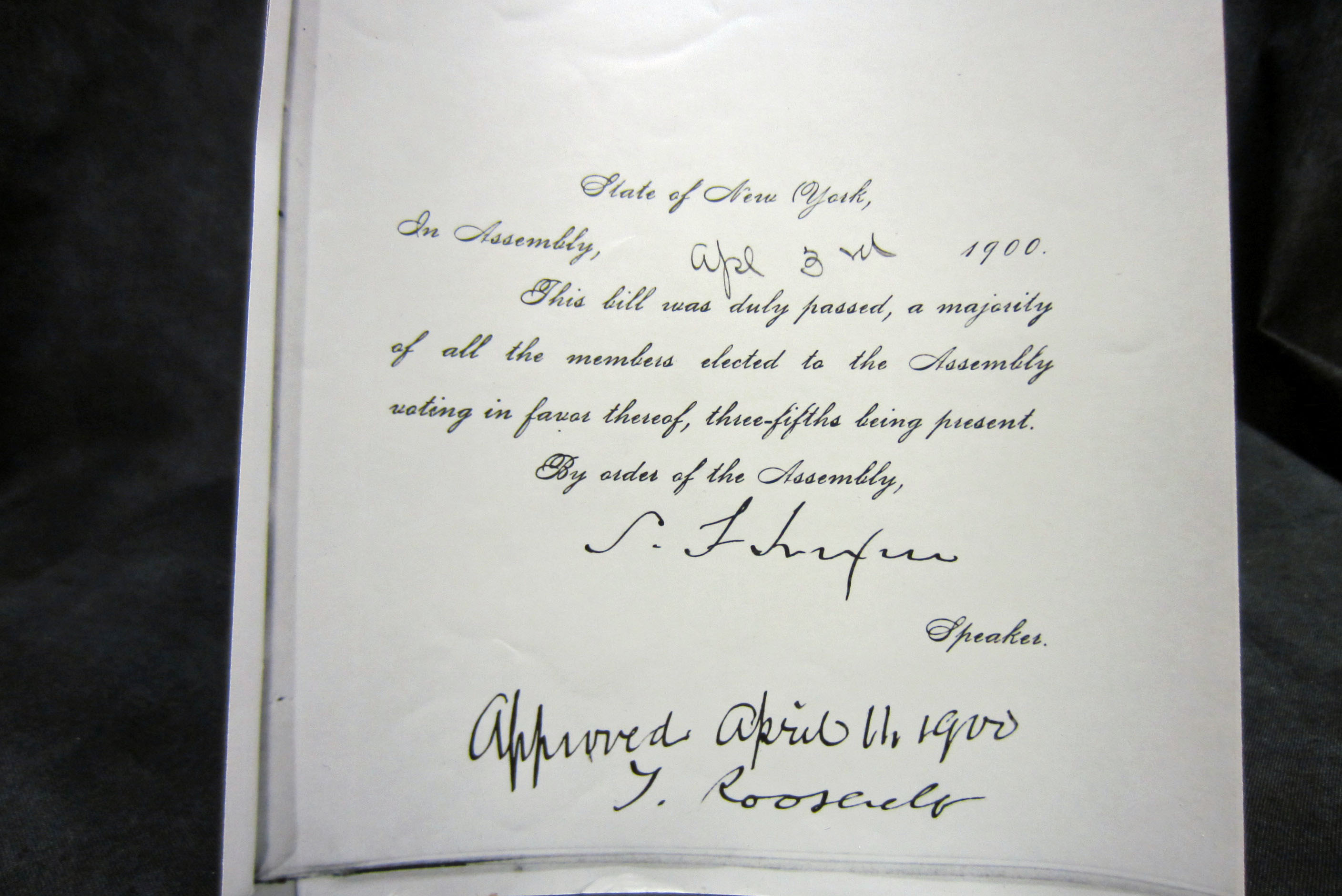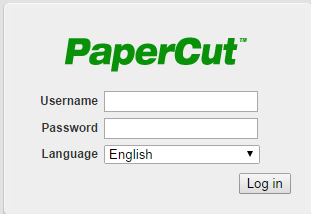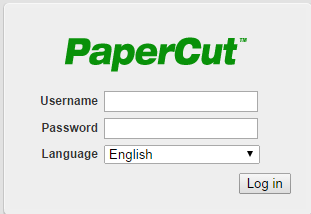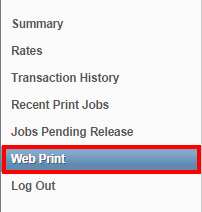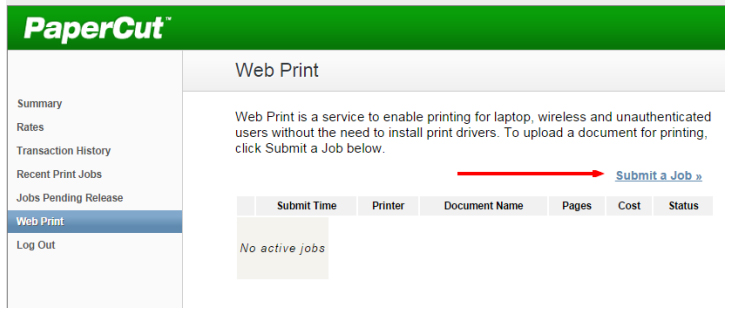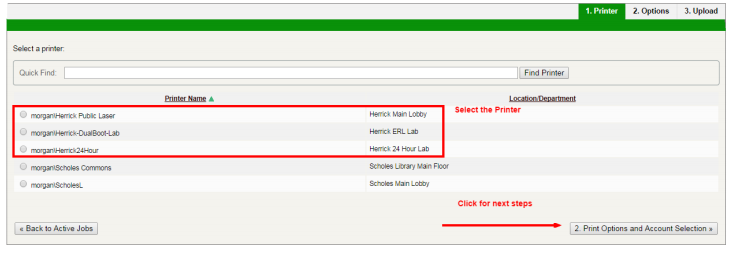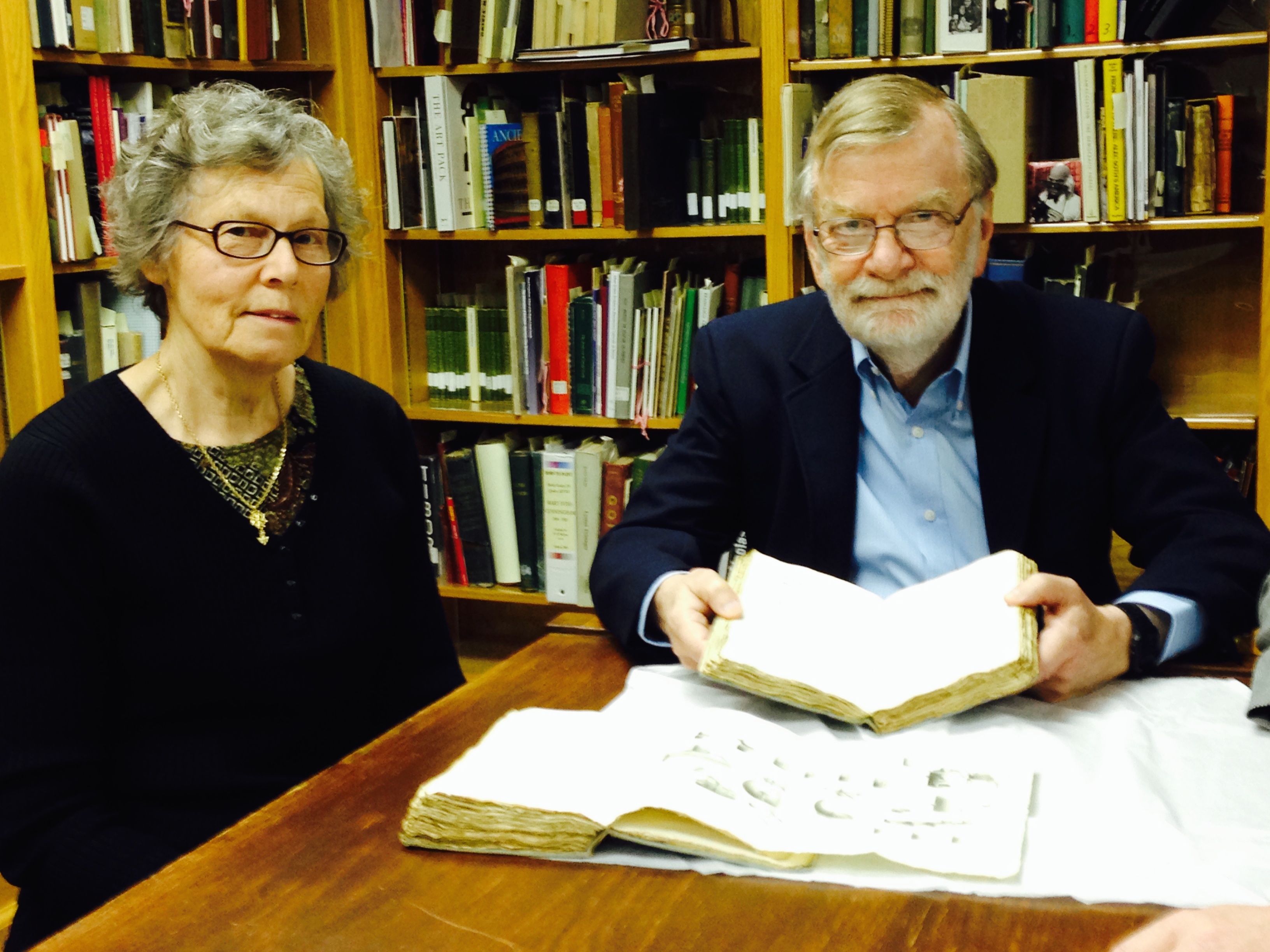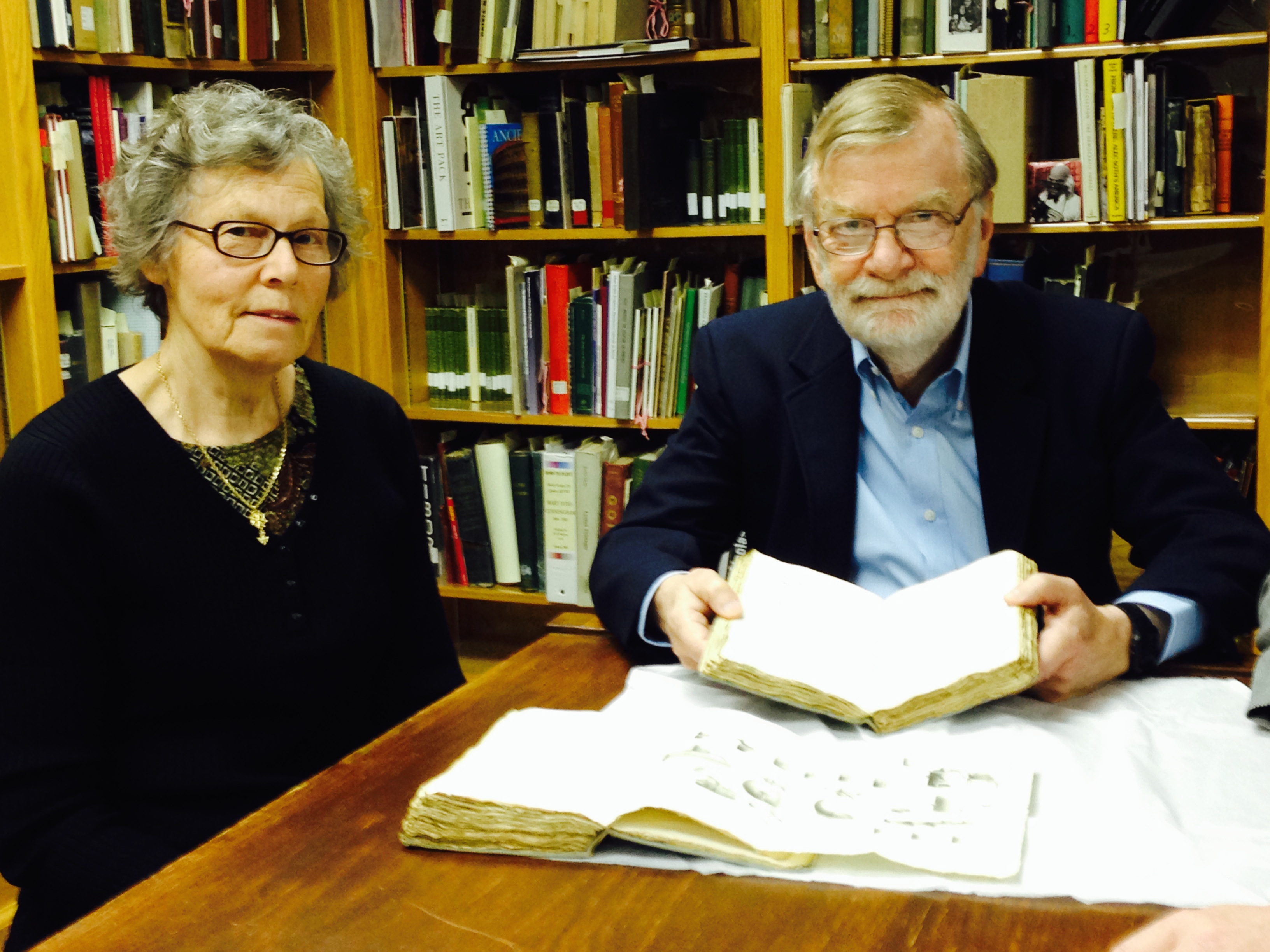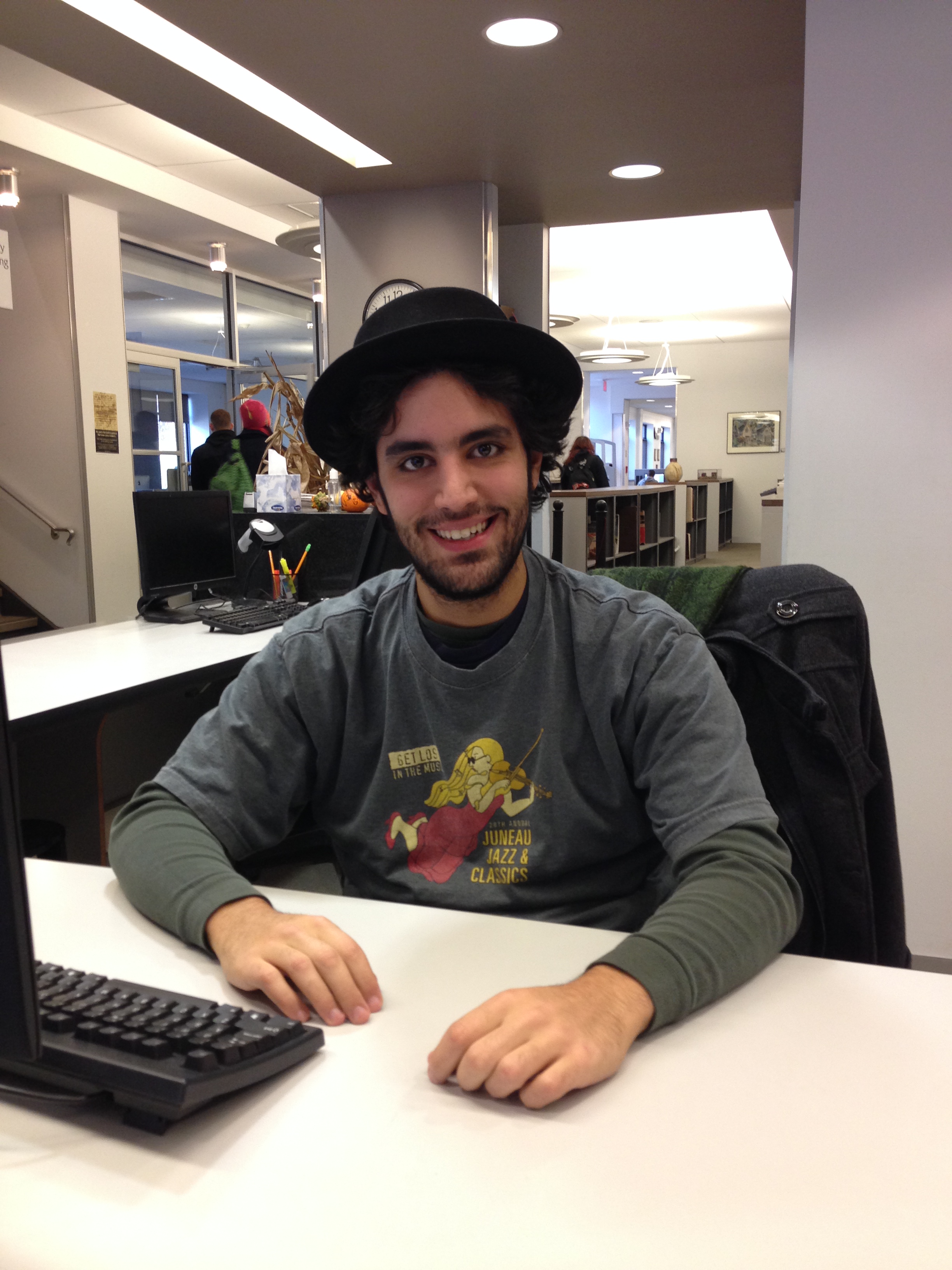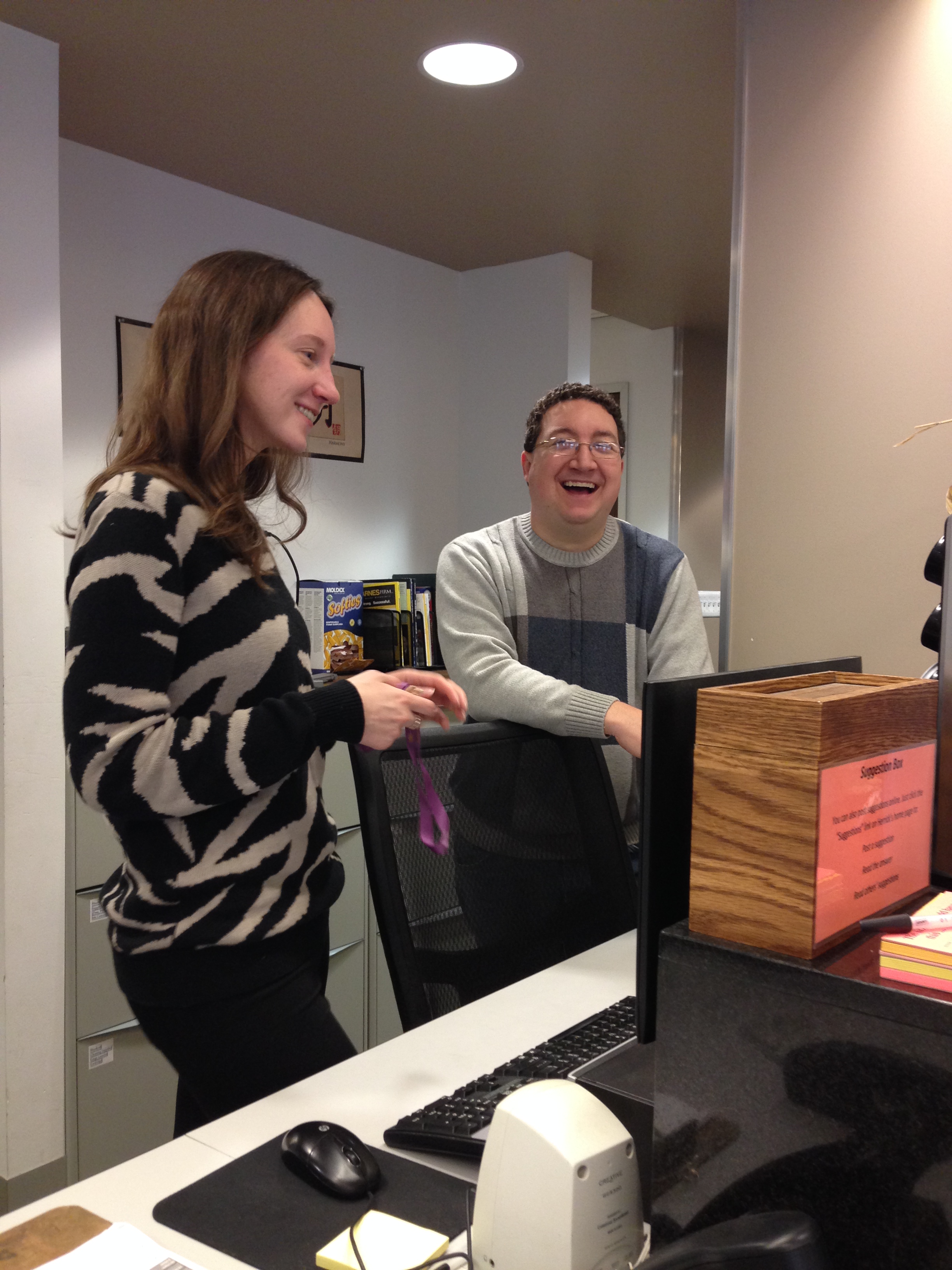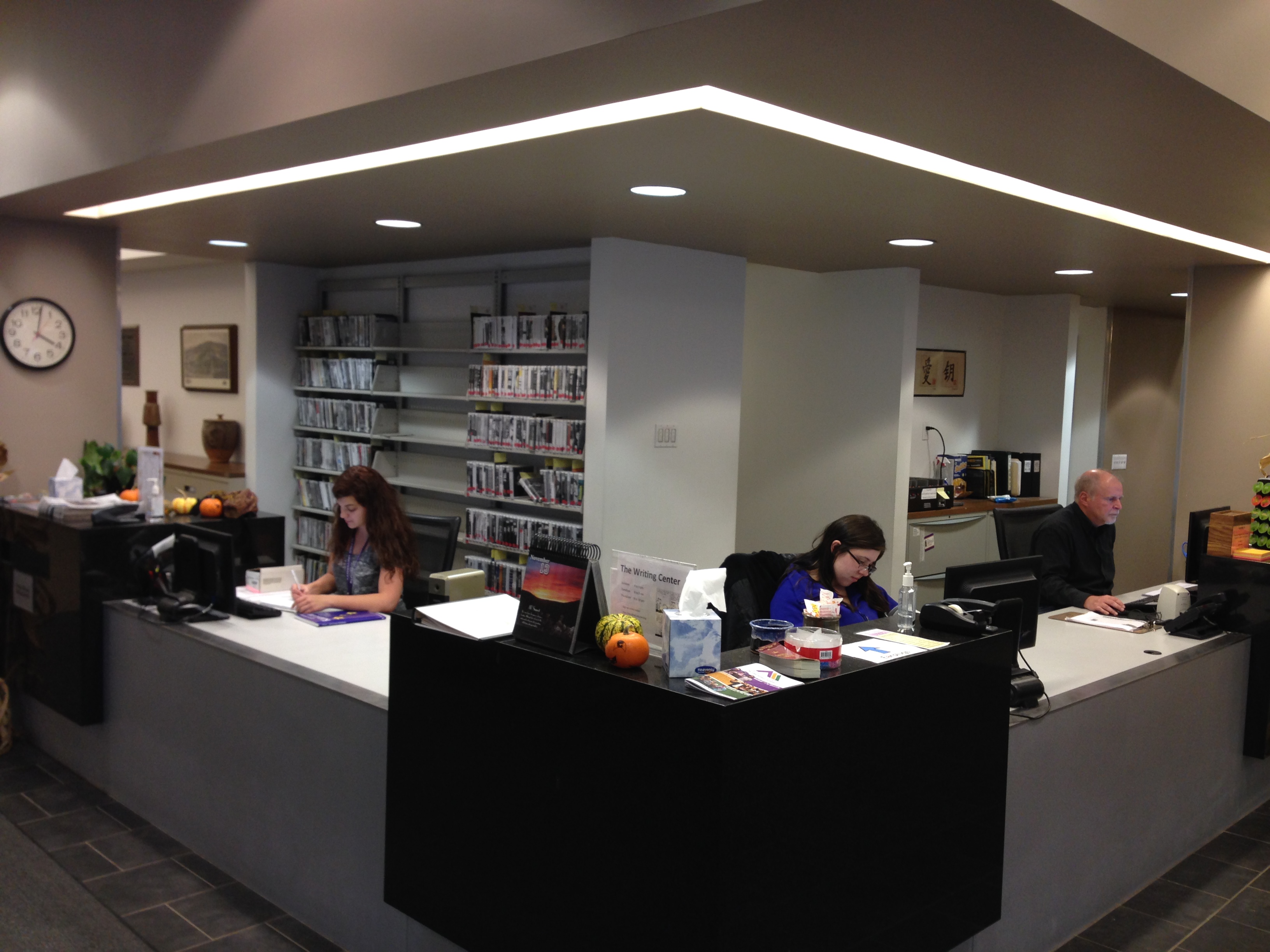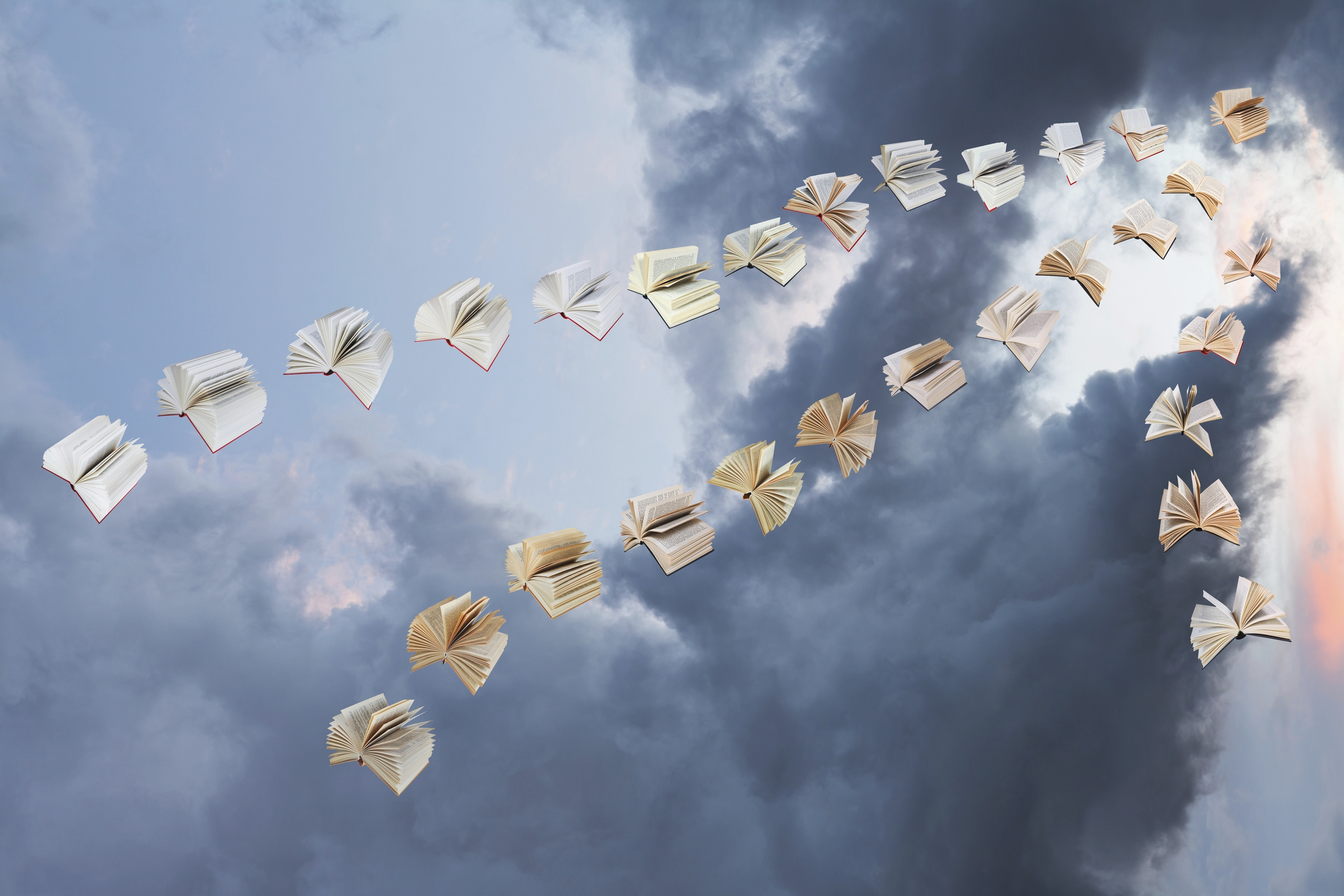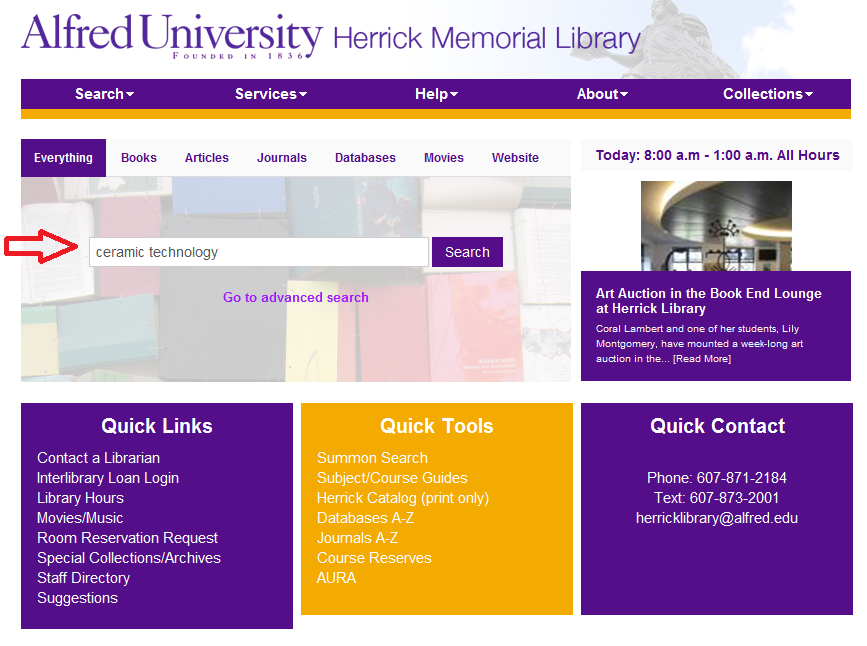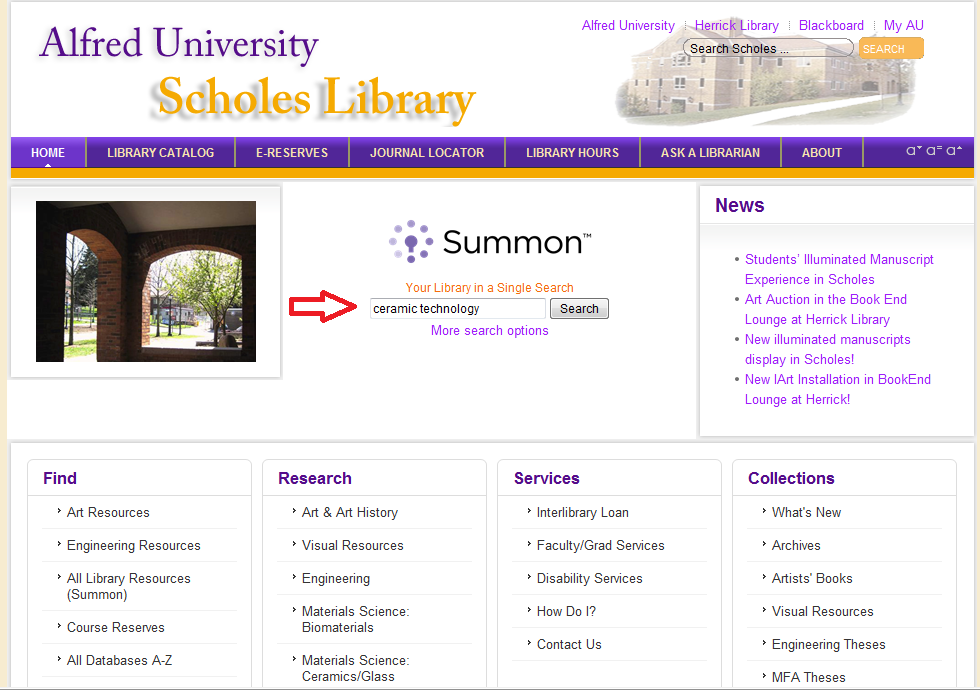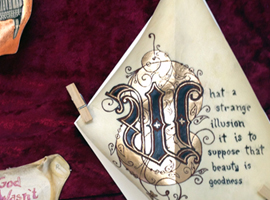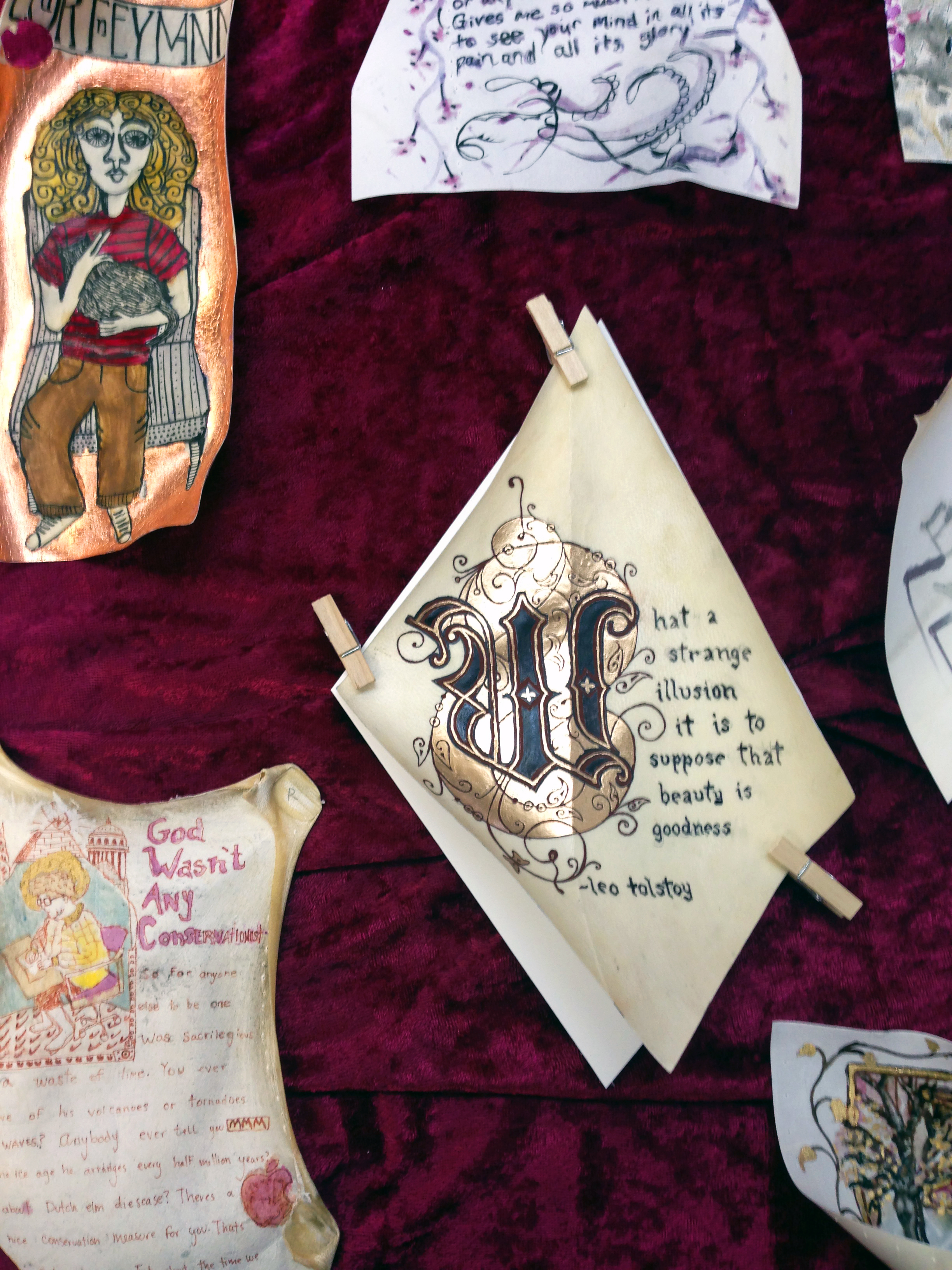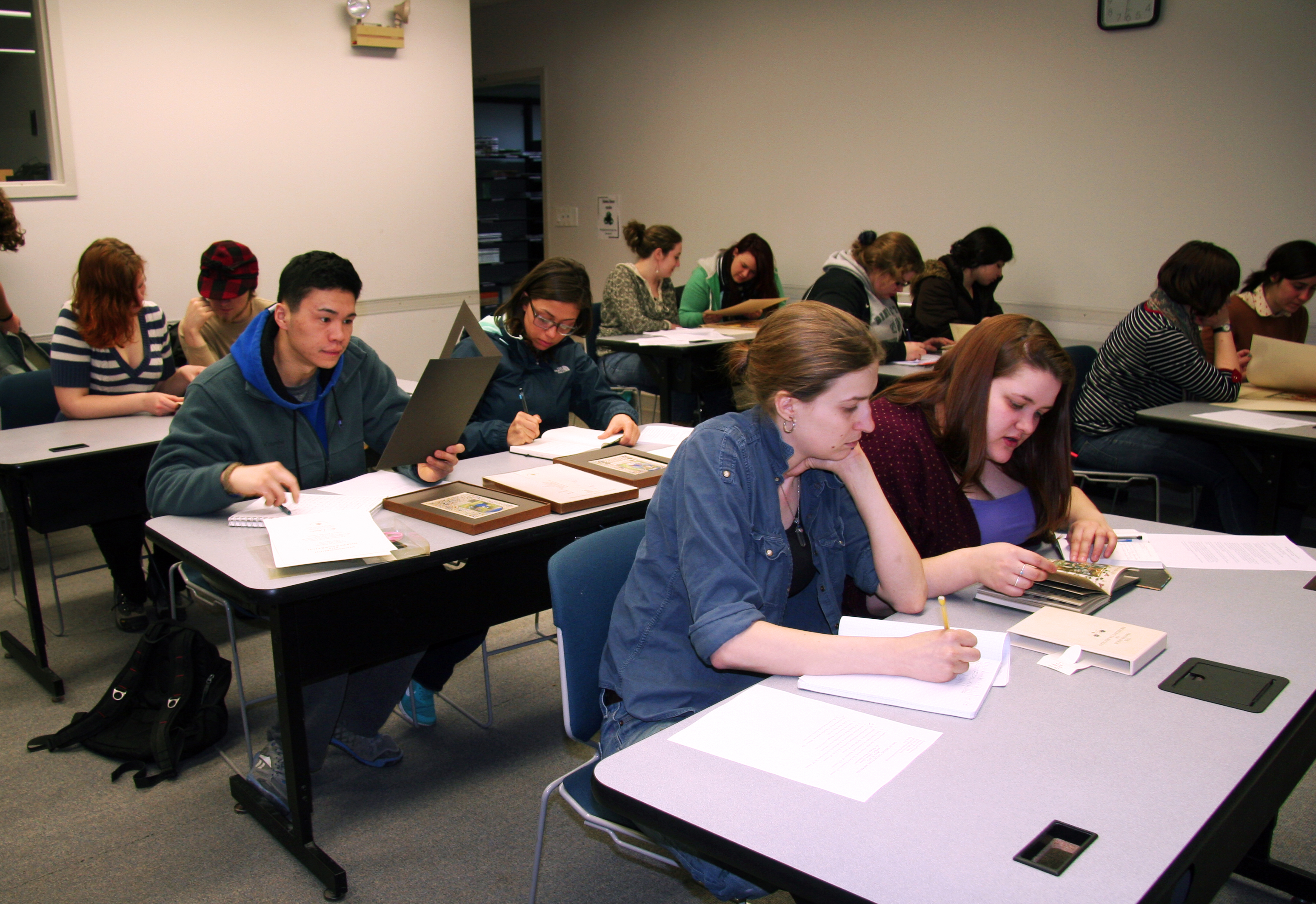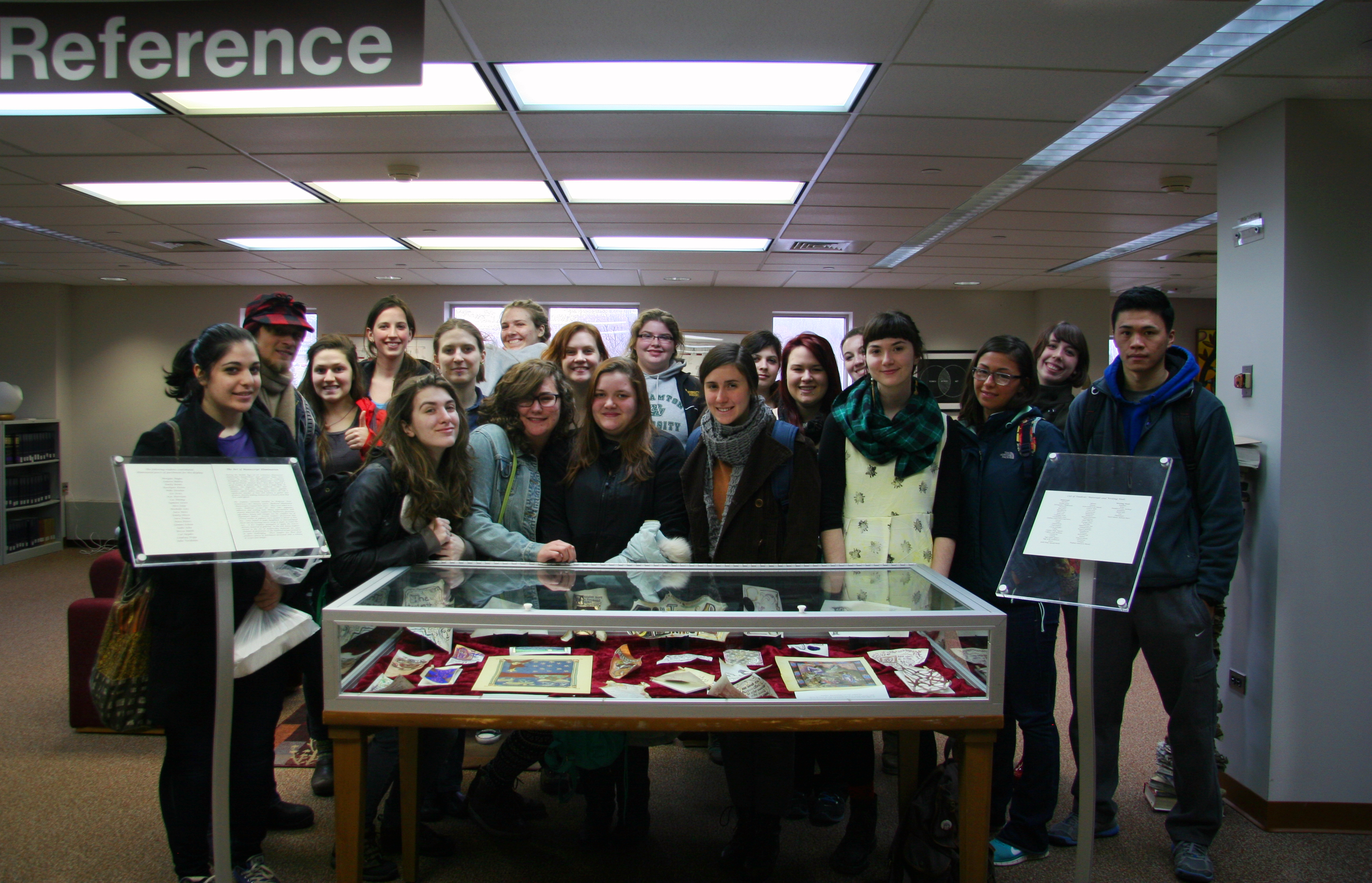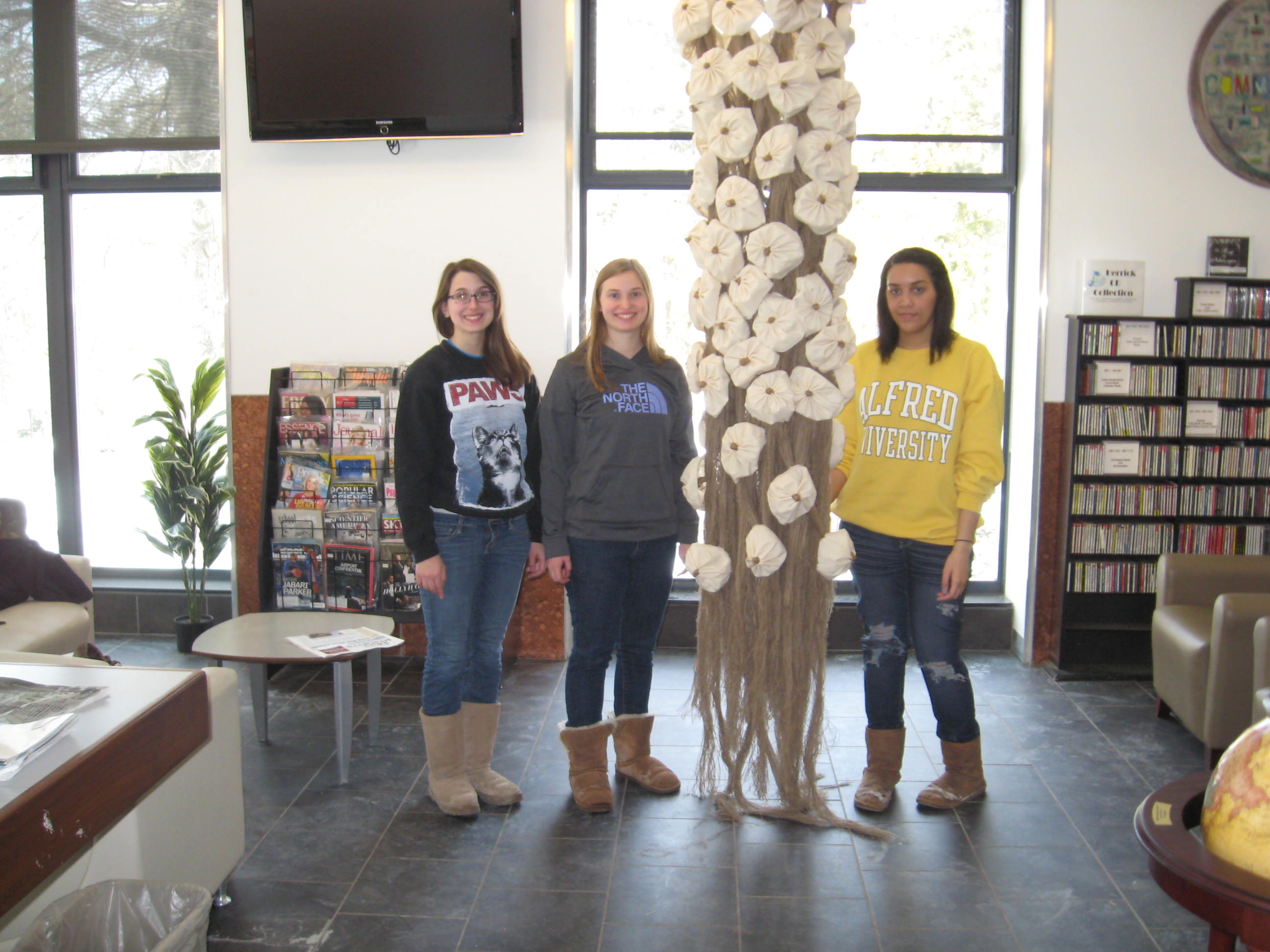Books are boring. Yes I said it, boring.
What is this librarian talking about? Has he never heard of Hemingway, Austin, Dr. Seuss? Where would we be without A Tale of Two Cities, Dune, or The Secret Garden? Does he not value job security? Heard of that quote by Thomas Jefferson “I cannot live without books?” MY GOD! Does he even know he’s librarian!?

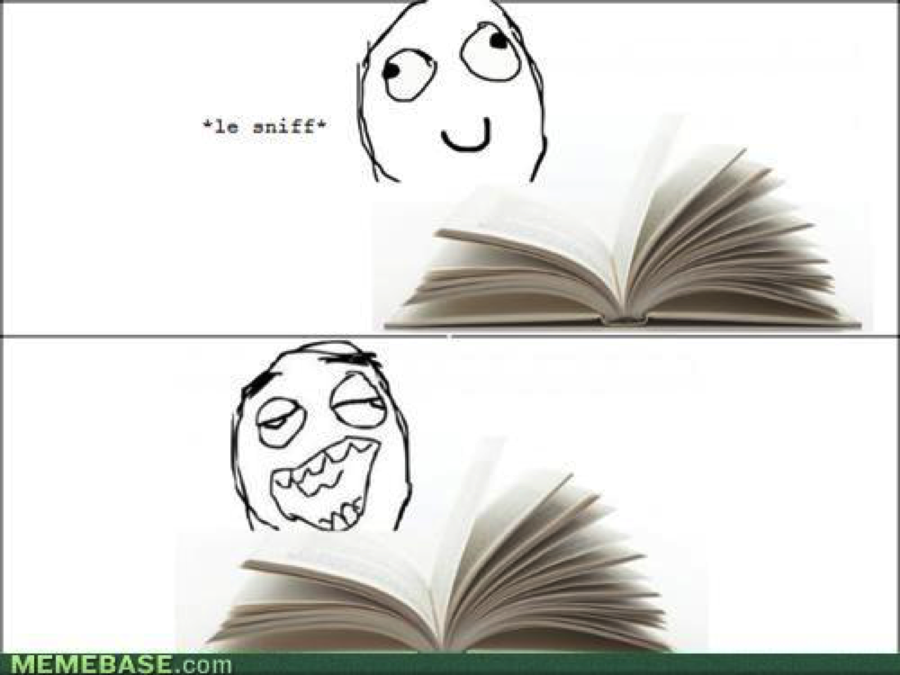 Please, hear me out. I love books too. That better? First off, they’re way better than the movie. And who doesn’t love that smell, right? I could get lost in that smell…. I am a librarian you know.
Please, hear me out. I love books too. That better? First off, they’re way better than the movie. And who doesn’t love that smell, right? I could get lost in that smell…. I am a librarian you know.
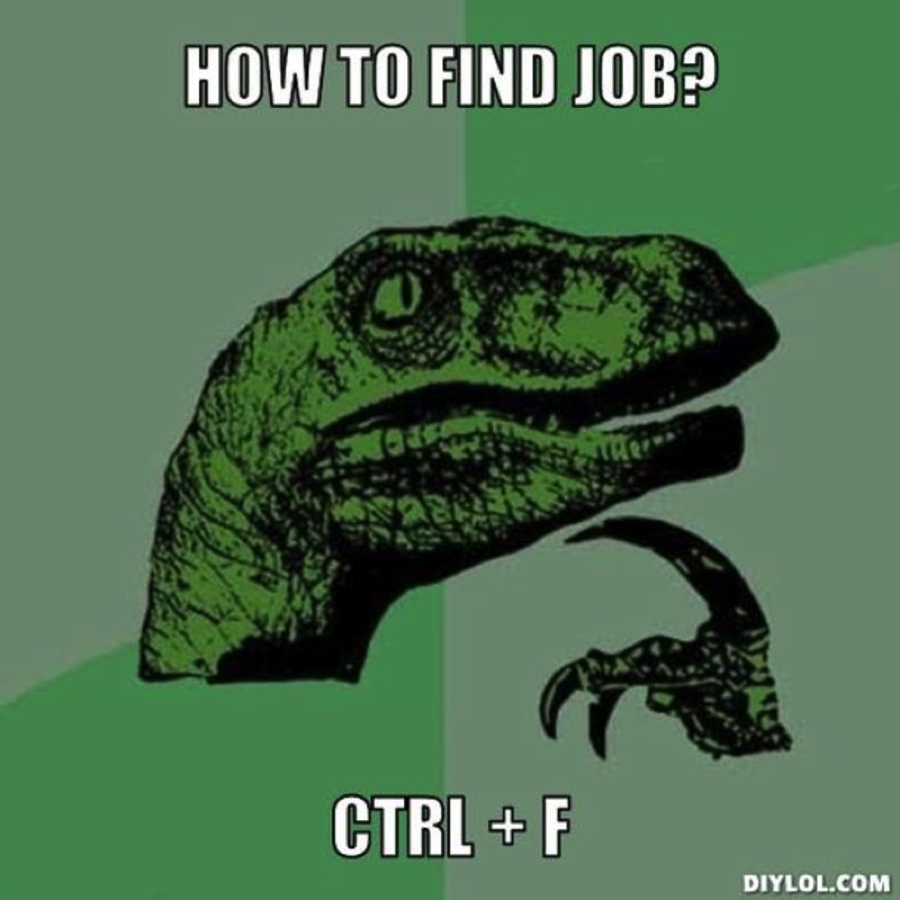
Plus, ebooks (We’ve got a digital ton of these) are great right? Ctrl+f right through those things and find all the good stuff you came for. Seriously every time you open an ebook and hit those two little magical buttons you’re turning yourself into a real life index/Sherlock Holmes. I mean is there anything ctrl+f can’t find?
Ok maybe not one of those.
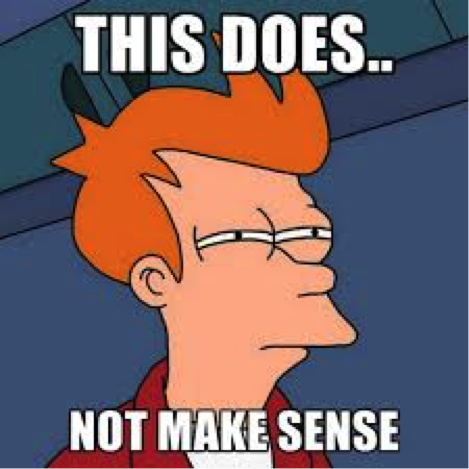
Anyways, now that I have told you all about how awesome books are let me get back to my original argument about the AWESOMENESS of trade magazines. (by now I would hope you had figured out that I was just trying to catch your attention with that boring books line)


It will all make sense soon.
TRADE MAGAZINES
What are they?
Trade magazines are periodicals that are developed for different professions, industries, trades, fields, etc.. They often share what’s happening within a field, review new research/techniques/trends to show possible impacts, provide a forum for discussion, and geared toward you.
Why should I care?
Trade magazines are great for a number of reasons. Many of them are associated with professional organizations. These organizations are all about supporting the their members and their field of study. They can provide job listings, information on grants, conferences, and other opportunities. In general, they are a great resource for keeping up on what is happening in your field. Besides all that, trade magazines are great for researching your next paper on recycling spent nuclear fuel, 3D printing in space, or wax fuel for safer rockets, etc..
You just blew my mind, where can I find them?
So glad that you asked! Depending on what you are looking for you can either find them in print at the library, through one of our databases, or online through the library’s subscription. Both Scholes and Herrick librarians can point you in the right direction. Just drop by and ask! If you want to learn more about trade magazines or any of our other awesome resources, find your personal librarian and drop them a line.
A short list by subject area
Accounting
- Main Street Practitioner (NSA – National Society of Accountants) library access
Art
- Art Bulletin (CAA – College Art Association) library access
- The Independent Artist newsletter (NAIA – National Association of Independent Artists)
Business Administration
- MWorld (AMA – American Management Association)
Chemistry
- C&EM (ACS – American Chemical Society)
- ChemMatters (ACS – Education Division)
Education
- American Educator (AFT – American Federation of Teachers)
- Education Matters ( AAE- Association of American Educators)
- PRISM (ASEE – American Society for Engineering Education)
Engineering (Ceramic)
- ACerS Bulletin (ACerS – American Ceramic Society)
Engineering (Electrical)
- IEEE Spectrum (IEEE – Institute of Electrical and Electronics Engineers)
Engineering (Mechanical)
- ME Today newsletter (ASME – American Society of Mechanical Engineers)
- Mechanical Engineering Magazine (ASME) Library access
Physics
- Physics Today (AIP – American Institute of Physics)
Psychology
- Monitor on Psychology (APA – American Psychological Association)
